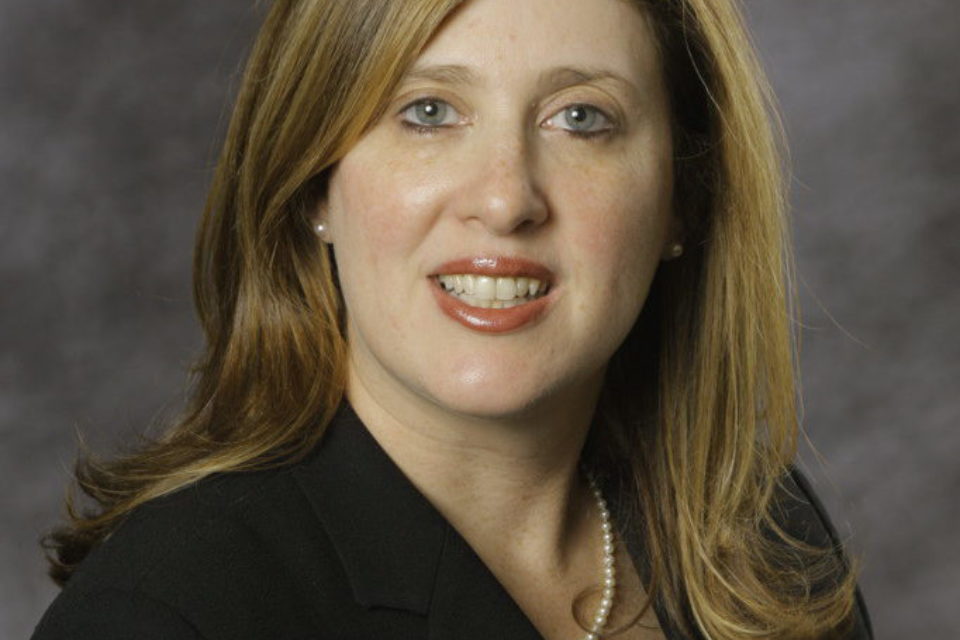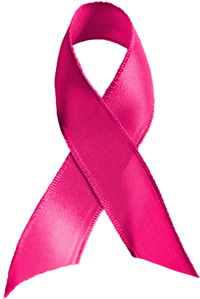What women need to know about breast density

Dr. Bonnie Litvack, Director of Women's Imaging, NWH
What women need to know about breast density: In recognition of Breast Cancer Awareness Month we publish this Q&A provided to us by Dr. Bonnie Litvack, Director of Women’s Imaging of the Breast Imaging Center at Northern Westchester Hospital. Dr. Litvack discusses how dense breasts can effect mammogram readings and contribute to cancer risk.
At what age should I begin getting mammograms?
Once a woman turns 40, the American Cancer Society and most recognized medical authorities recommend women start getting yearly mammograms. But mammograms aren’t uniformly sensitive in all women. Between 40 and 50 percent of women have dense breasts – fibrous tissues as opposed to mostly fatty tissue – and that density can obscure potential problems.
Many women aren’t aware that breast density is an issue. New York State requires doctors to notify women, in a letter, when their mammogram reveals this is the case. Do not become alarmed if you get this letter. It simply means that you should have a conversation with your doctor about your overall breast cancer risk.
Why is it important to know if I have dense breasts?
Dense breasts can make mammograms less sensitive, and they may also contribute to cancer risk. You’ll need to speak with your doctor about your individual lifetime risk and thoroughly evaluate your risk factors. To determine your risk, your doctor will ask you about your family history of breast and ovarian cancer, your age, when you had your first period, whether you have children, when you had your first child, and any history of chest irradiation, among other potential risk factors. The good news is that for many women with dense breasts, their risk won’t be elevated enough to warrant any changes in screening.
What if I’m high risk?
 Women who are at high risk (greater than a 20-25% lifetime risk) and who have dense breast tissues should have annual screening breast magnetic resonance imaging (MRI) in addition to a mammogram. MRI’s are very sensitive and can pick up some cancer missed on a mammogram.
Women who are at high risk (greater than a 20-25% lifetime risk) and who have dense breast tissues should have annual screening breast magnetic resonance imaging (MRI) in addition to a mammogram. MRI’s are very sensitive and can pick up some cancer missed on a mammogram.
Shouldn’t all women, regardless of their breast density, get a Breast MRI?
There are many false positives with Breast MRI, which is why it is only recommended for women who are at high risk as they will derive the most benefit. Regardless of your breast density, make sure you get your yearly mammogram and discuss your risk factors for breast cancer with your physician.
Under Dr. Bonnie Litvack’s leadership, the Women’s Imaging Center at Northern Westchester Hospital has been acclaimed as a Breast Imaging Center of Excellence by the American College of Radiology. Dr. Litvack is fellowship trained in MRI and brings extensive experience in all aspects of women’s imaging, including mammography, to Northern Westchester Hospital. Dr. Litvack has presented her research at national and regional medical conferences.


















